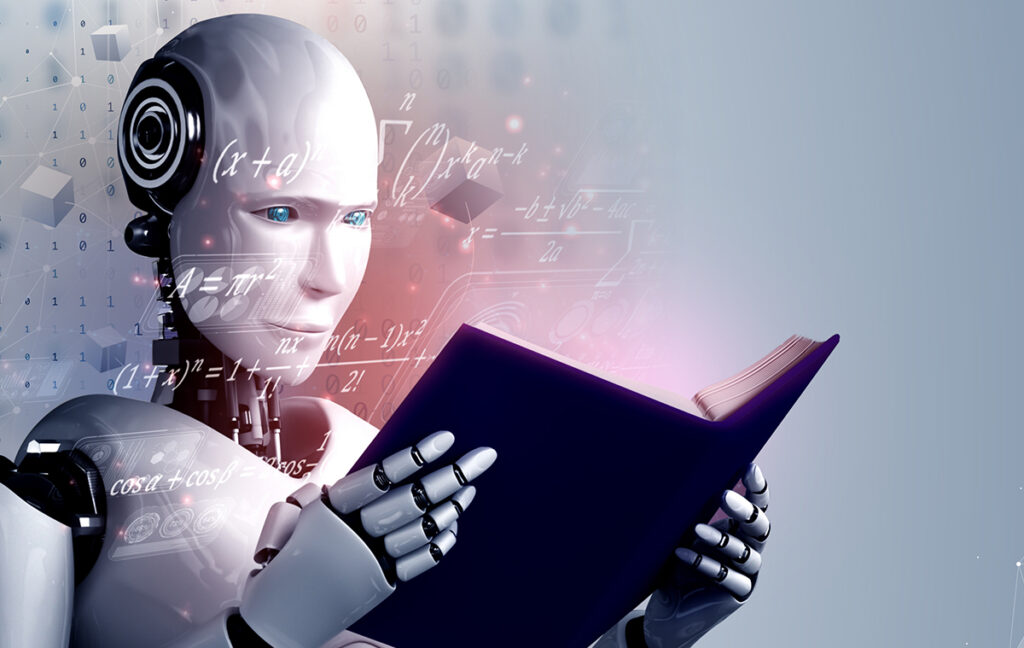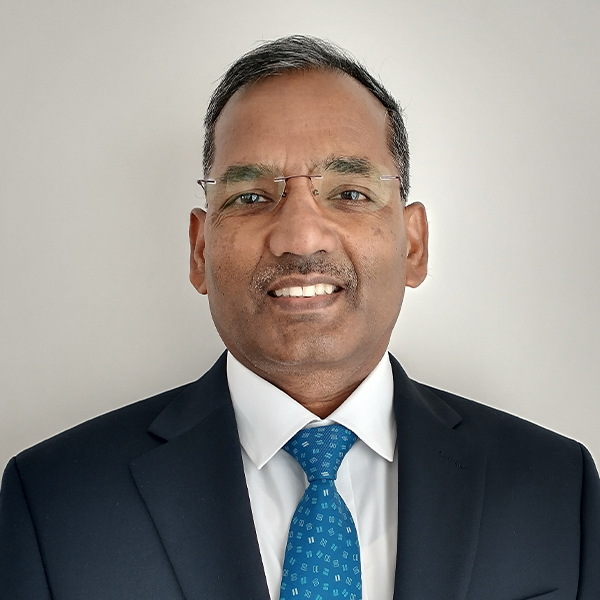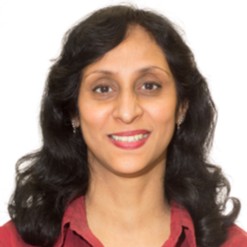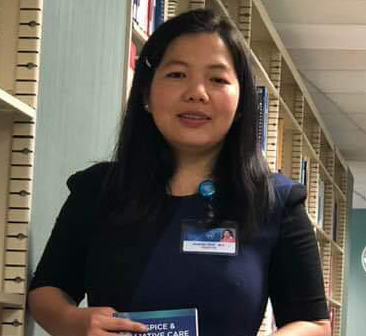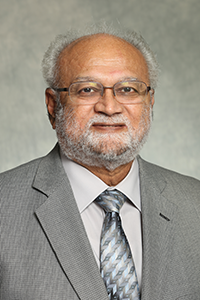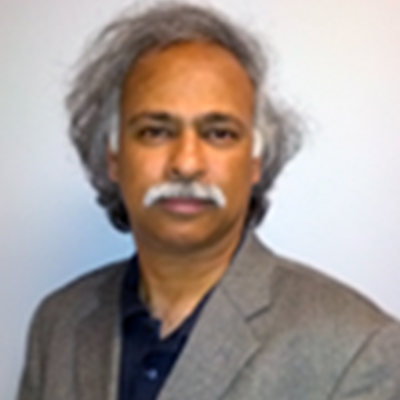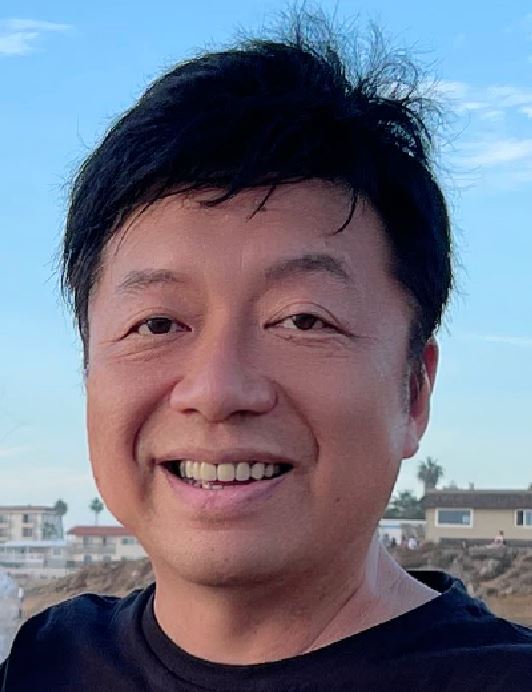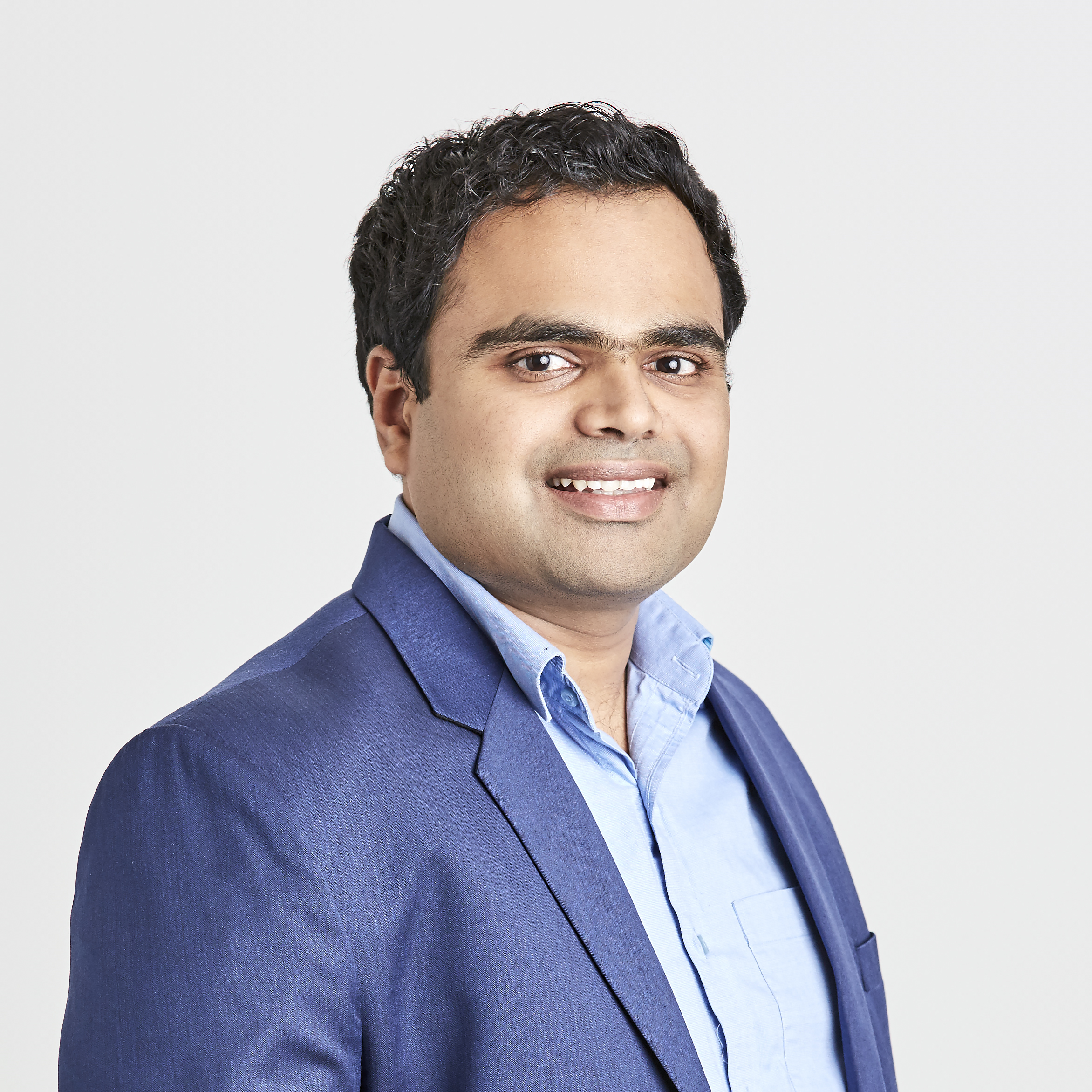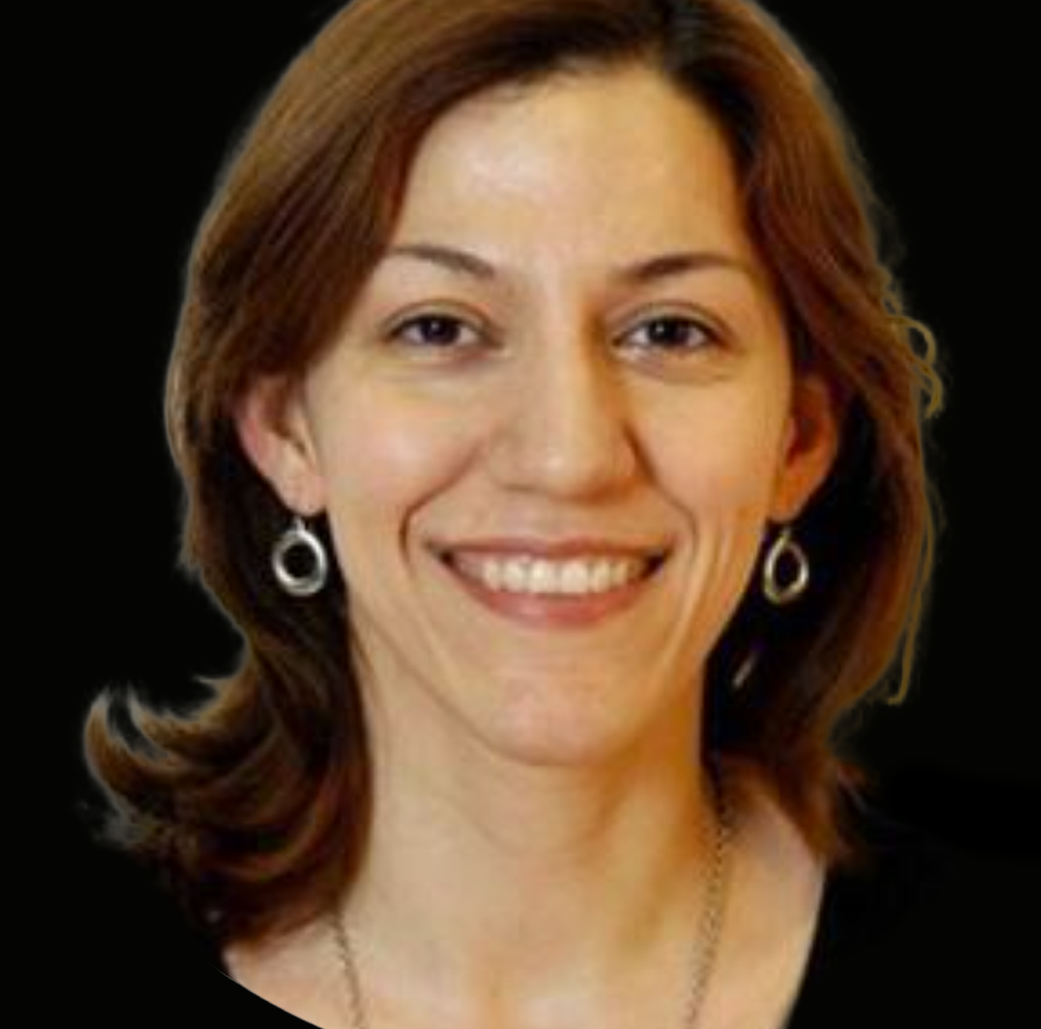Why Study a Master’s Degree in Computer Science?
Computer Science is everywhere. Modern society is critically dependent on computers and software.
A master’s degree in computer science is a gateway to developing deep expertise expertise in one or more areas of computer science. Earning a graduate degree in Computer Science is associated with many broad benefits, including career advancement, increased earning potential, and broadened professional network.
According to Burning Glass Technologies Labor Insights (now, LightCast) 24 percent of Computer Science employers prefer to hire workers with advanced degrees. In addition, some companies offer tuition reimbursement for employees who pursue a graduate degree in Computer Science, as companies value and reward graduate degrees.
As the following chart illustrates, a master’s degree in Computer Science offers an earning potential of $10,785,230 vs. a bachelor’s degree in Computer Science earning potential of $8,281,502.
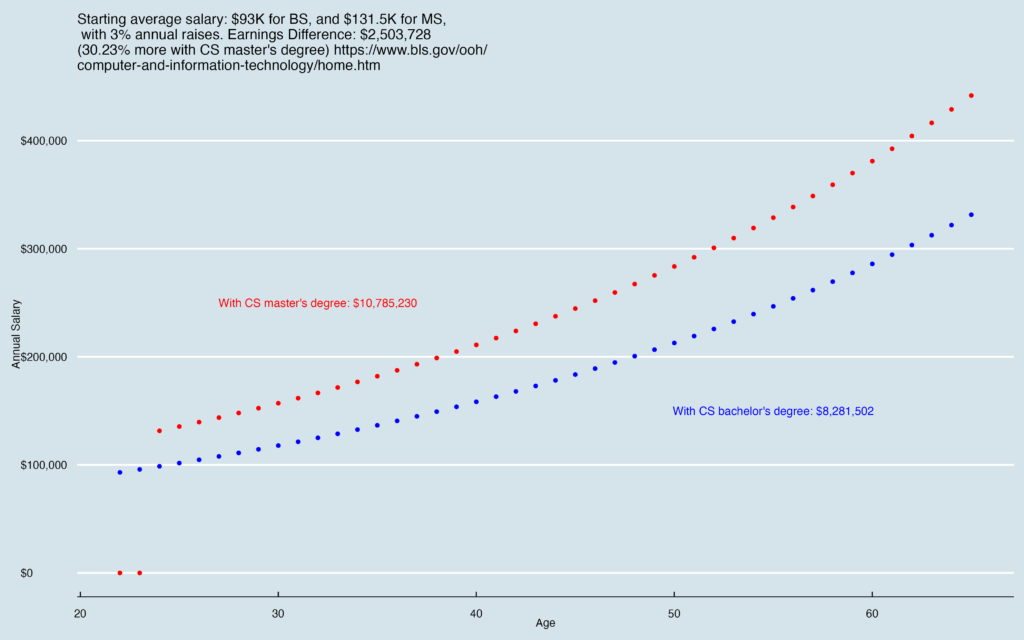
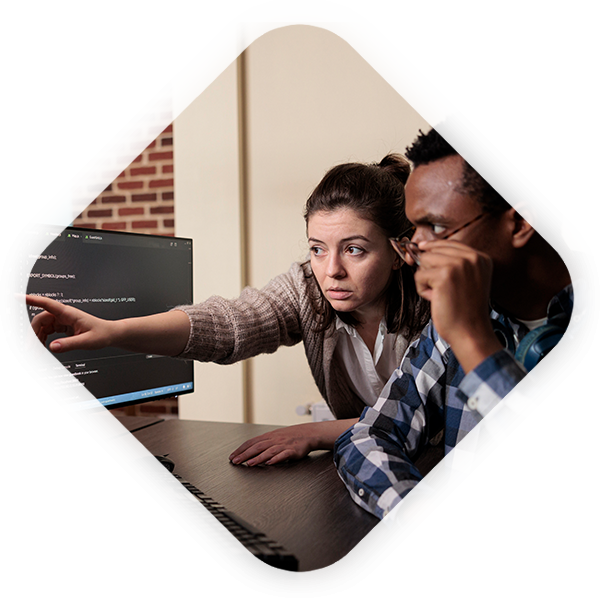
University of Silicon Andhra (UofSA) Advantage
Relationship-rich education is a cornerstone of the UofSA’s approach to higher education. The faculty, staff, and educational technology infrastructure of UofSA are uniquely positioned to promote and maximize faculty-student, staff-student, and student-student interactions on the campus and outside.
We are in the heart of Silicon Valley, home to leading computing companies, including Apple, Hewlett Packard, Google, Intel, Cisco, Facebook, YouTube, Broadcom, Nvidia, and many more. This provides excellent opportunities for internships, industry networking, and employment post-graduation.
All academic programs of the University of Silicon Andhra are accredited by the WASC Senior College and University Commission (WSCUC).
Why Should You Study M.S. in Computer Science at the University of Silicon Andhra?
Here are the seven compelling reasons:
- Relationship-rich education
- Career-focused curricula and courses
- Industry-immersive program
- Integration between theory and practice
- Professional skills development
- Student leadership development
- Silicon Valley advantage
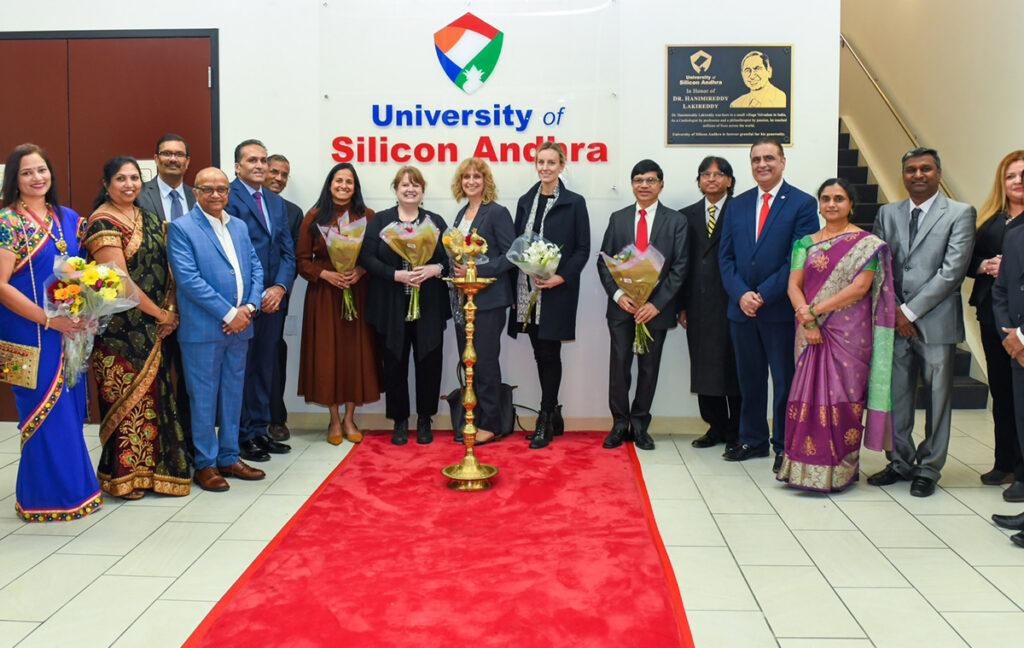
Relationship-rich education
The University of Silicon Andhra institutional culture is rooted in relationships. Relationships drive student success and institutional excellence. Student relationships with faculty, staff, and peers matters most.
Faculty build active relationships with students by providing inspiring teaching in engaging classrooms and beyond. Faculty know students by their names, understand students’ career aspirations, identify students’ strengths and areas that need improvement through formative feedback, and engage in one-on-one interactions and conversations with students.
Staff connect students with academic resources, industry mentors, internship and post-graduation employment opportunities. We encourage and promote peer-to-peer student interactions through recitation sessions, tutoring sessions, and student professional organizations.
We do not view the two-year study at the University of Silicon Andhra as a transaction. We view this as an opportunity for helping students realize their career aspirations, challenge them to explore the big questions of their lives, and establish life-long relationships.
Career-focused curricula and courses
The program is exclusively designed to prepare students for challenging and demanding careers in the computing industry. Our curriculum and courses are rigorous, challenging, and taught in a non-traditional way by leading experts.
All courses involve collaborative problem-solving and learning in a team environment. The program design is based on the premise that professional skills are as critical as technical skills. Just like the development of technical skills, professional skills development is infused throughout the curriculum.
We help students showcase their technical, professional, and personal accomplishments via personal websites, GitHub code repositories, contributions to open-source projects, and Linkedln profiles.
Industry-immersive program
Students experience frequent interactions with industry professionals through in-person guest lectures. In addition, we pair students with industry mentors who meet frequently.
We help students secure industry certifications by providing coaching delivered by industry professionals. This coaching is held in the evenings on campus as outside formal classroom activities. There is no fee for coaching sessions.
At UofSA, your career preparation starts when you set foot on the campus through a two full days of impactful orientation sessions.
Integration between theory and practice
We practice the maxim that theories without tools are useless, and tools without underlying theories are unsuitable for professional practice. Teaching and learning do not exclusively depend on textbooks.
We employ non-textbook-centric teaching and learning using interactive computational notebooks that promote inquiry, experimentation, and reproducibility (e.g., quarto documents, JupyterLab notebooks). In other words, we use computation as a powerful learning aid. Lab and lecture are indistinguishable, as lab components are intertwined with theory.
We reinforce theory and practice beyond formal classroom learning via recitation sessions, peer tutoring, study groups, and open-source projects.
Professional skills development
Professional skills are as important as the technical skills. We take your professional skills (also known as soft skills) far beyond oral and written communication skills. As professional skills development takes a prolonged period of time, they are integrated into all courses.
The program takes a holistic approach to the development of professional skills. It includes learning how to learn, a love for lifelong learning, professional networking, team leadership, organizing and planning, empathic listening, collaboration, conflict management, project management, decision making, providing and receiving constructive feedback, and engaging in difficult conversations.
Student leadership development
The University of Silicon Andhra hosts local chapters of national societies, including ACM, IEEE Computer Society, and Women in Technology. Students run these local chapters and participate in national activities. They gain access to domain experts and invite them for campus visits and seminars.
Through participation in various roles, students develop their leadership skills, master new technical skills, establish professional relationships, and enrich their educational experiences.
Silicon Valley advantage
The University of Silicon Andhra is located in the heart of Silicon Valley, the preeminent technology hub known for transformative and groundbreaking high technology innovations.
Silicon Valley is home to the headquarters of many of the world’s largest high-tech corporations, including Apple, Hewlett Packard, Google, Intel, Cisco, Facebook, YouTube, Broadcom, and Nvidia. It is also home to thousands of startups.
Silicon Valley is world-renowned for excellent economic opportunities, multiculturalism and diversity, and fabulous year-round weather
Master of Science in Computer Science
- General Admission Requirements
- Program Structure
- Requirements
- Prerequisites
An undergraduate degree in computer science or a related field, GPA 3.0, official transcripts for all undergraduate and graduate course work, two letters of recommendation, TOEFL score of 497 for the paper-based test or 60 on the Internet test, and a completed application. GRE recommended.
The program consists of thirty-six credit hours, divided into a core of eighteen hours from required courses and eighteen hours through six courses from any one of the three focus areas – machine learning, computational linguistics, and natural language processing. The core includes a six-hour internship and a three-hour thesis or capstone project.
The program’s five pillars are relationship-rich education, tight integration between theory and practice, student success through student engagement, pedagogy informed by learning theory, and computation as a powerful learning aid. Students specialize in one or more areas of computing: Machine Learning (ML)/Artificial Intelligence (AI), Natural Language Processing (NLP), and Computational Linguistics (CL). Internship experience is a requirement for all students in the program. The University will help students find internship placements.
An undergraduate degree in computer science or a related field, GPA 3.0, official transcripts for all undergraduate and graduate course work, two letters of recommendation, TOEFL score of 497 for the paper-based test or 60 on the Internet test, and a completed application. GRE recommended.
-Introduction to Object Oriented Programming
-Introduction to Basic Algorithms
-Discrete Mathematics
-Probability
-Computer System Organization
Recommended Electives for the Three Focus Areas
- GCS 601: Computational Linguistics – 3 units
- GCS 602: Machine Learning – 3 units
- GCS 603: Natural Language Processing – 3 units
- GCS 605: Machine Learning and Linguistics – 3 units
- GCS 609: Computation and Indian Languages – 3 units
- GCS 606: Advanced Computational Linguistics – 3 units
- GCS 602: Machine Learning – 3 units
- GCS 604: Cloud Computing -3 units
- GCS 605: Machine Learning and Linguistics – 3 units
- GCS 608: Advanced Machine Learning: Deep Learning and Neural Networks – 3 units
- GCS 610: Artificial Intelligence Applications with Machine Learning – 3 units
- GCS 613: Machine Learning for Knowledge Extraction and Reasoning
- GCS 603: Natural Language Processing – 3 units
- GCS 602: Machine Learning – 3 units
- GCS 604: Cloud Computing -3 units
- GCS 607: Advanced Natural Language Processing Applications – 3 units
- GCS 611: Language Processing in Humans and Machines – 3 units
- GCS 612: Shallow and Deep Natural Language Processing Techniques – 3 units
Program Curriculum
(Required for all students, 18 credit hours (CH)):
- GCS 501: Object Oriented Programming – 3 CH
- GCS 502: Advanced Algorithms – 3 CH
- GCS 503: Computer Architecture – 3 CH
- GCS 695: Internship – 6 CH
GCS 696: Thesis or GCS 697: Capstone Project – 3 CH
(Choose any six, 18 credit hours (CH)):
- GCS 601: Computational Linguistics – 3 CH
- GCS 602: Machine Learning – 3 CH
- GCS 603: Natural Language Processing – 3 CH
- GCS 604: Cloud Computing -3 CH
- GCS 605: Machine Learning and Linguistics – 3 CH
- GCS 606: Advanced Computational Linguistics – 3 CH
- GCS 607: Advanced Natural Language Processing Applications – 3 CH
- GCS 608: Advanced Machine Learning: Deep Learning and Neural Networks – 3 CH
- GCS 609: Computation and Indian Languages – 3 CH
- GCS 610: Artificial Intelligence Applications with Machine Learning – 3 CH
- GCS 611: Language Processing in Humans and Machines
- GCS 612: Shallow and Deep Natural Language Processing Techniques
- GCS 613: Machine Learning for Knowledge Extraction and ReasoningC
The evaluation has the following components- Final exams, Mid-term exams, Assignments, a Thesis or a Capstone Project. Students will be awarded a degree in Master of Science in Computer Science, on their successful completion of all the required courses, with a GPA of 3.0 or higher based on the evaluation weightages across the various methods/metrics.
Component Cost
| Tuition | $27,000 |
| Non-refundable Registration Fee (One time for New Students | $75 |
| Living Expenses (rent for shared housing, utility, food at home, health insurance) for two years (the regular length of the program) | $36,000 |
| Other Expenses (e.g., books, transit pass, eating out, entertainment) | $2,804 |
| Estimated Two-Year Total Expenses | $65,904 |
Contact Info
Contact us to know about Our Present and Upcoming Programs in UofSA.
- Phone : +1 (844) 872 8680
- Email: admissions@uofsa.edu
Mon - Fri : 9:00 AM - 6:00 PM PST
Students applying to the Master of Science in Computer Science program must submit the following:
- A completed application / Application fee
- Official transcripts for all undergraduate and graduate course work
- Undergraduate degree in computer science or related field, along with a grade point average of 3.0
- Two letters of recommendation from those familiar with the student on a professional basis
- TOEFL (If applicable) An applicant must pass with a score of 497 or better for the paper-based test, or 60 or better the Internet test.
Every applicant will be assessed by the Faculty for admission.
Computer Science Faculty
End of Members
No more pages to load
